Tech
Sign up for our newsletter
We summarize the week's scientific breakthroughs every Thursday.
-
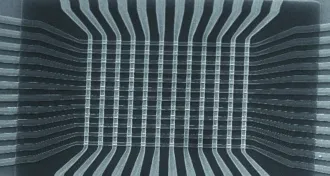 Computing
ComputingResistors that remember help circuits learn
Electronic components called memristors have enabled a simple computing circuit to learn to perform a task from experience.
By Andrew Grant -
 Psychology
PsychologyOn Facebook, you control the slant of the news you choose
Facebook users shield themselves from opposing political ideas more than the site does.
By Bruce Bower -
 Science & Society
Science & SocietyWorking together doesn’t always work
Working as a team is a great way to gather information, but innovative solutions come best from small groups or individuals, a new study suggests.
-
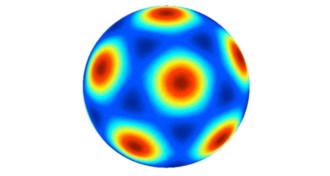 Neuroscience
NeuroscienceBrain’s grid cells could navigate a curvy world
If we ever need to flee a dying Earth on curved space islands — as humanity was forced to do in 'Interstellar' — our brains will adapt with ease, a new mathematical analysis suggests.
-
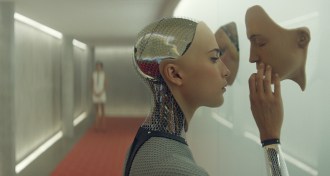 Tech
Tech‘Ex Machina’ explores humanity as much as AI
Sci-fi thriller delves into hubris and power relationships.
By Eva Emerson -
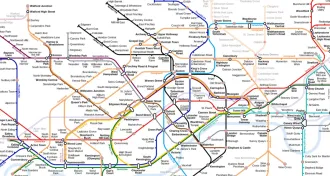 Tech
TechSmart card taps track clogs on London’s Tube
To make public subway systems more efficient, researchers track smart card taps and flag problem stations.
-
 Science & Society
Science & SocietyUnbiased computer confirms media bias
A computer algorithm can identify a media outlet’s bias just by the quotes it chooses from political speeches, surrounding context aside.
-
 Life
LifeOctopuses move with uncoordinated arms
An octopus crawls unlike any other animal. Mimicking the cephalopod’s control over its movements may lead to more agile robots.
-
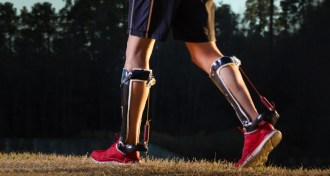 Tech
TechExoskeleton boot makes for more efficient walking
Newly developed exoskeleton boots that are unpowered are showing scientists that it is still possible to make walking even more efficient for humans.
-
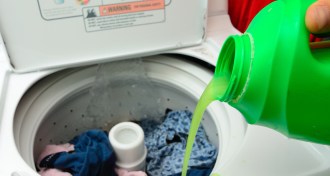 Materials Science
Materials ScienceSuds turn silver nanoparticles in clothes into duds
Bleach-containing detergents destroy antibacterial silver nanoparticles that coat clothes.
By Beth Mole -
 Tech
Tech‘Rust’ chronicles humankind’s incessant battle with corrosion
‘Rust’ recounts humanity’s unending battle against corrosion, which each year costs the United States an estimated $437 billion — more than all natural disasters combined.
By Sid Perkins -
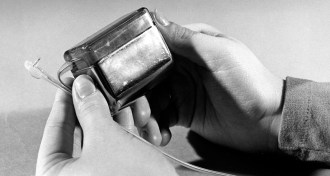 Tech
TechPlans fizzled for nuclear-powered artificial heart
In 1965, researchers saw a nuclear-powered heart in the future.
By Beth Mole